Turner Prize 2018 rewards art activists tackling crime, rights and race
- Published
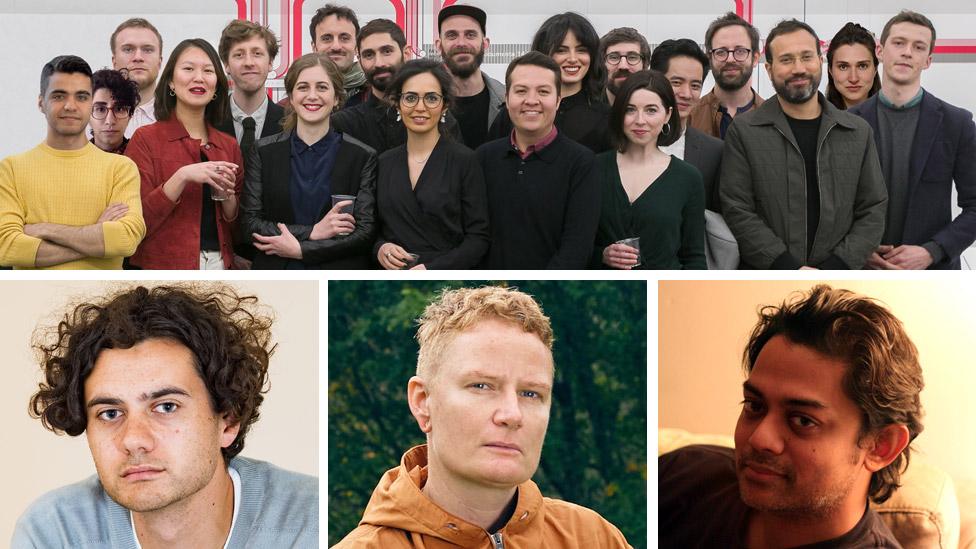
Forensic Architecture (top), Luke Willis Thompson (bottom left), Charlotte Prodger (centre) and Naeem Mohaiemen
An "architectural detective agency" that uncovers and exhibits facts about crimes and rights abuses is one of the nominees for this year's Turner Prize.
Forensic Architecture, based at Goldsmiths, University of London, creates "3D models of sites of conflict" to help prove wrongdoing.
The shortlist for the £40,000 art prize is dominated by artists who are tackling political and social issues.
Naeem Mohaiemen, Charlotte Prodger and Luke Willis Thompson complete the list.
Tate Britain director Alex Farquharson, who chairs the jury, said the judges had chosen "an outstanding group of artists, all of whom are tackling the most pressing political and humanitarian issues of today".
Forensic Architecture
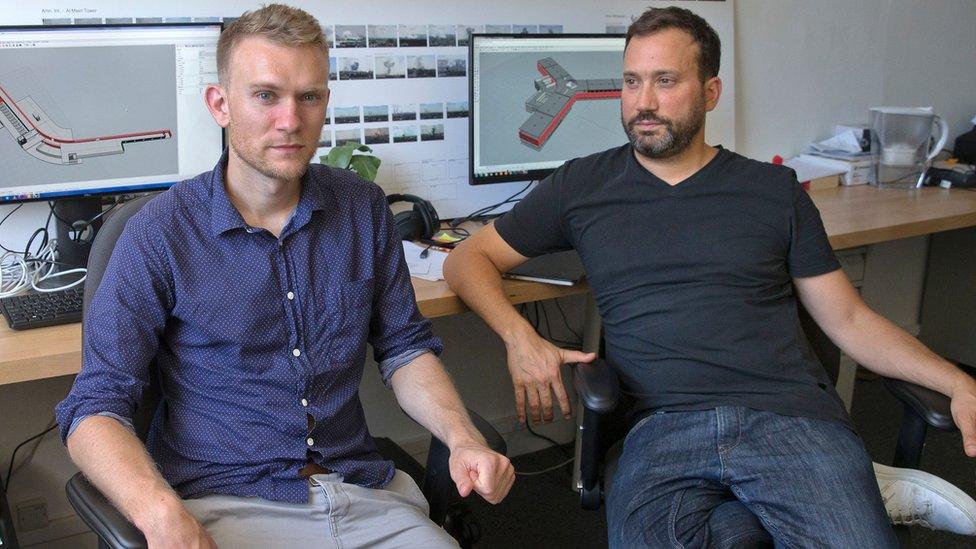
A 15-strong collective of architects, film-makers, software developers, journalists, lawyers and scientists, whose investigations and reconstructions have provided decisive evidence in cases in countries including Germany, Greece, Israel and Guatemala.
Naeem Mohaiemen
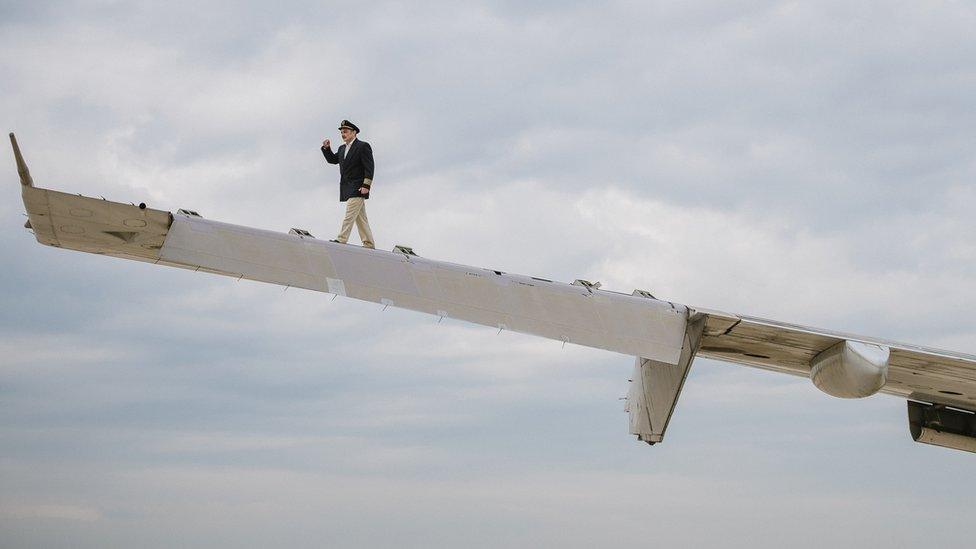
Born in London and raised in Bangladesh, Mohaiemen makes films that use turbulent periods in world history to focus on the legacies of colonialism, national identity, left-wing politics and migration. His film Tripoli Cancelled was inspired by his father, while his other film, Two Meetings and a Funeral, was sparked by the lawyer who drafted the constitution of Bangladesh.
Charlotte Prodger
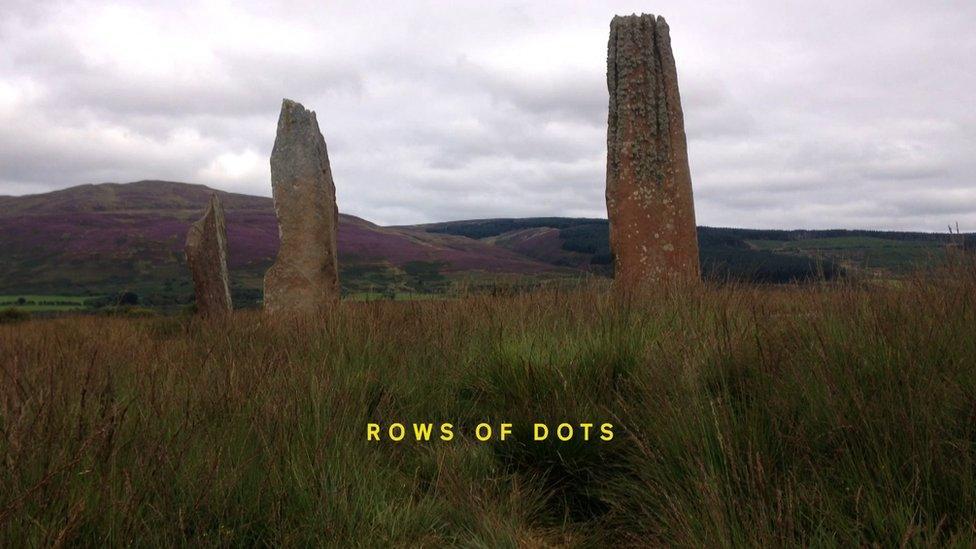
Glasgow-based Prodger is nominated for two videos. One was shot on iPhones and named Bridgit after the Neolithic deity. The other traces a history of recent video formats and the artist's personal history. The jury praised her for "the nuanced way in which she deals with identity politics, particularly from a queer perspective".
Luke Willis Thompson
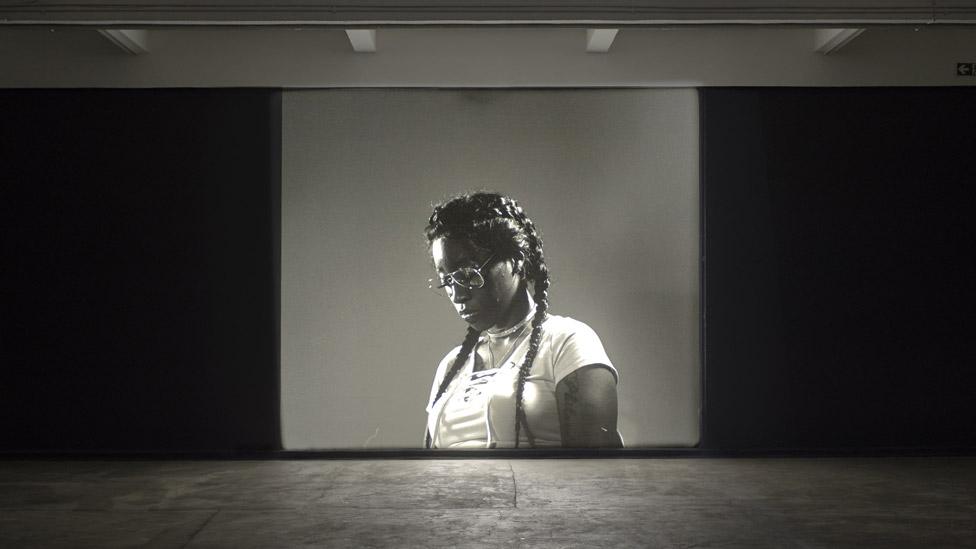
The 30-year-old New Zealander makes silent black-and-white 16mm and 35mm films inspired by stop-and-search policies and killings. His films include one made with Diamond Reynolds, who used Facebook to broadcast the aftermath of the fatal shooting of her partner Philando Castile by a police officer in 2016.

Mr Farquharson added: "This shortlist highlights how important the moving image has become in exploring these debates. We are looking forward to what will be a dynamic and absorbing exhibition."
The four nominees will have their work exhibited at Tate Britain from September, with the winner to be announced in December.

Shortlist is right on the money - BBC arts editor Will Gompertz
If there are two themes that bring them all together, they are that they all work in film and they're all deeply politically engaged.
We're going to get four films at least and maybe a bit of installation, which are going to look at the world in which we're living and all its complexities and blurred lines, with a very sharp political edge criticising the establishment's view of fact.
The art world is becoming a very politically engaged forum and I think this Turner Prize is right on the money in showcasing three artists and one collective who are questioning the world we live in, in a way perhaps artists haven't done in the recent past.

Follow us on Facebook, external, on Twitter @BBCNewsEnts, external, or on Instagram at bbcnewsents, external. If you have a story suggestion email entertainment.news@bbc.co.uk, external.
- Published26 April 2018